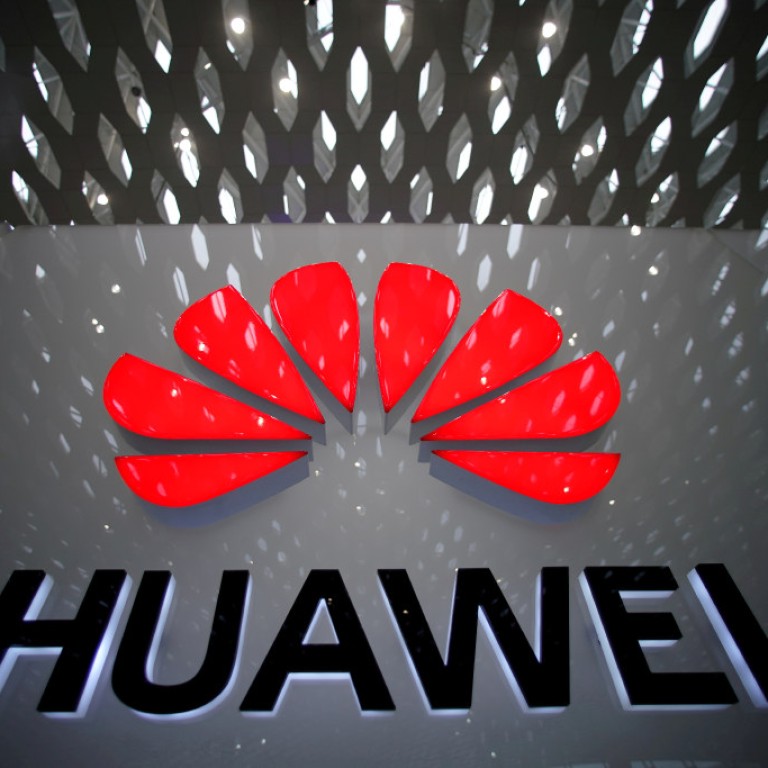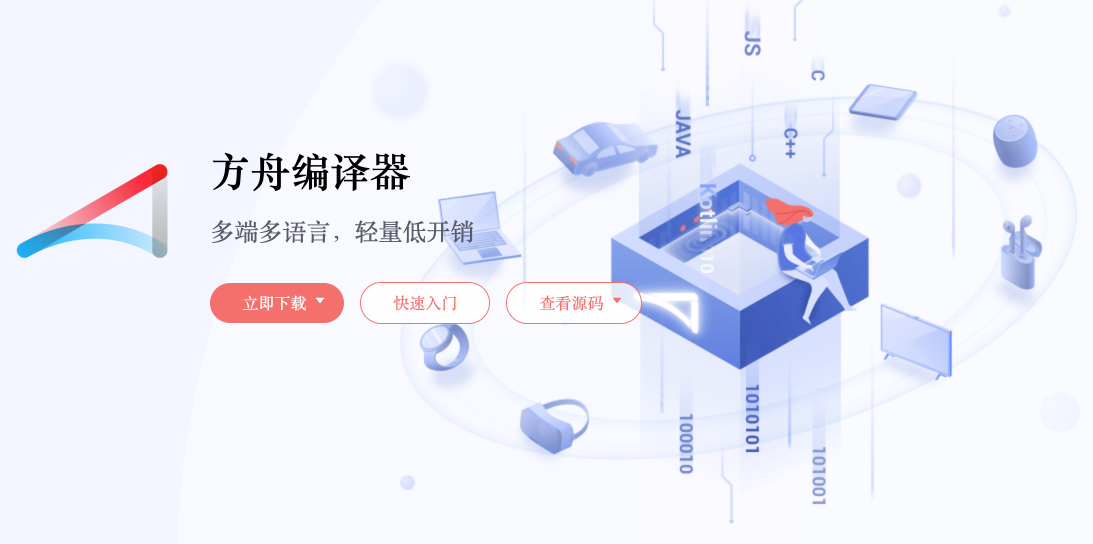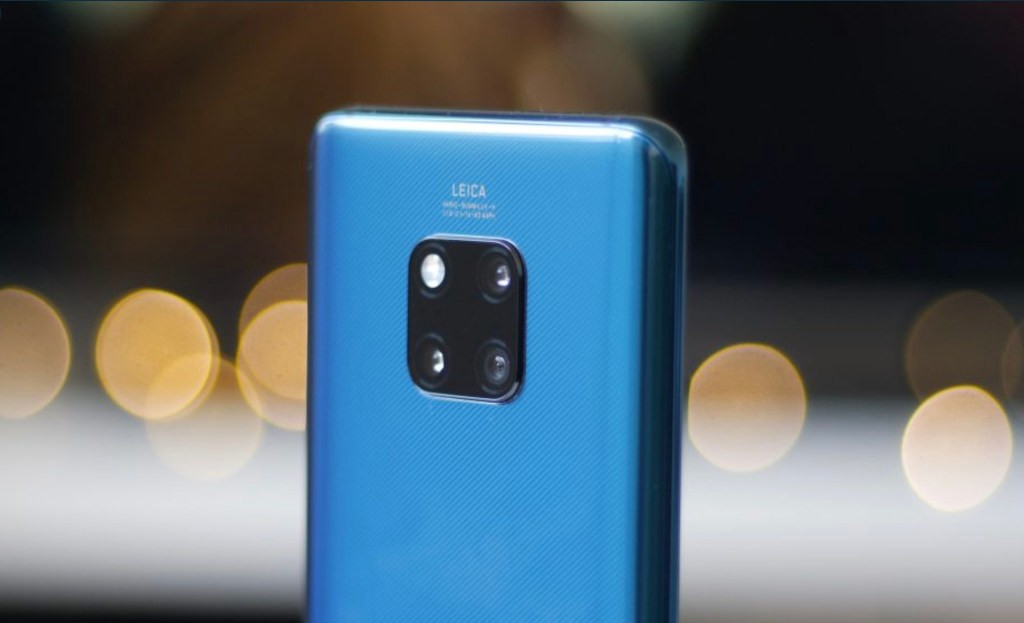
Programmers complain that Huawei’s Ark Compiler is ‘not even half-finished’
The compiler is supposed to make it easy to port Android apps to Huawei’s new HarmonyOS, but it’s not going well
A scam. A publicity stunt. Premature. These are just a few of the things Chinese developers are saying about the release of Huawei’s supposed secret weapon: The Ark Compiler.
Developers are even claiming the program feels incomplete. The reception has been so bad that one programmer told Abacus that he wondered whether it was released just for publicity.
The Ark Compiler is a key component of Huawei’s new operating system, HarmonyOS. The tool is meant to allow developers to quickly port their Android apps to the new OS, ideally helping to quickly bridge the gap of app availability. It is also said to be able to improve the efficiency of Android apps, making them as smooth as apps on iOS.
As of right now, though, developers say the promises are too good to be true.
Zhihu, where people in China go to ask questions and get answers

We weren’t able to verify Yin’s work. At least one person commenting on Zhihu claimed to have compiled the demo, but others suggested it required the use of a third-party tool.
“Its demo can't be run because they didn't release the necessary runtime,” Yin told Abacus. “Some people on Zhihu said it can compile to assembly language, but it can't go any further than that. It can't be compiled into an executable file.”
Huawei said the Ark Compiler took 10 years to develop, but all that time incubating has not translated into user adoration.
He added, “We developers diss Huawei not because we don’t love our country or we want to sabotage our country or we are US imperialist spies… But just tossing out a product that’s not even half-finished is really insincere.”

Huawei has recently been caught in the crosshairs of rising tensions between the US and China. Many in China have rallied around the Shenzhen-based tech giant as a show of support for their country.
That’s why the Ark Compiler and its ability to port Android apps is seen as such an important component of HarmonyOS.
Although Huawei has said that it’s not ready to move away from Android just yet, it has an ambitious vision for HarmonyOS. The company said the OS will support a range of products, including smartphones, computers, tablets, TVs, automobiles and smart wear.
Chinese netizens have mixed feelings about Huawei’s homegrown HarmonyOS
Zhou, from MetaApp, was very excited by the prospect of the Ark Compiler before he got his hands on it. Now he considers it a publicity stunt, especially given how much Huawei emphasized that the Ark Compiler would be open source.
“We don’t need it to be open source,” he said, adding that it’s more important that it be “easy to use and compatible. They were doing it for publicity only -- not really wishing for community contributions.”
Zhou also questioned why having an open source compiler would be useful at all.
“Nobody wants to change their compiler code in the first place,” he said. “It’s a compiler for god’s sake.”
For more insights into China tech, sign up for our tech newsletters, subscribe to our Inside China Tech podcast, and download the comprehensive 2019 China Internet Report. Also roam China Tech City, an award-winning interactive digital map at our sister site Abacus.

